Early Life and Background of Paul Kagame
Paul Kagame was born on October 23, 1957, in Gitarama today called Ruhango district in southern Province, in central Rwanda. His early life was marked by upheaval; at his age of two, his family fled to Uganda following ethnic violence against the Tutsi population in Rwanda. This displacement had a profound impact on Kagame and many Rwandan , shaping early perceptions of politics and leadership of Kagame.
Paul Kagame, the President of Rwanda, has often been described as a transformative leader. His tenure has been marked by significant economic growth, stability, and a complex legacy in human rights and governance. Kagame’s journey from a young refugee to the helm of Rwanda’s government is a story of resilience, vision, and controversy.

In Uganda, Kagame grew up in a refugee camp, attending local schools and eventually joining the National Resistance Army (NRA) in the late 1970s. This experience introduced him to military tactics and leadership under Yoweri Museveni, who would later become Uganda’s president. Kagame’s military training was further refined through courses at the United States of America Army Command and General Staff College in Fort Leavenworth, Kansas.
Early Life and Background
Paul Kagame was born on October 23, 1957, in Tambwe, Rwanda. His early life was marred by the turbulence of the Rwandan Revolution of 1959, which forced his family into exile in Uganda. Growing up in refugee camps, Kagame developed a deep awareness of his Rwandan identity and the plight of his people.
Kagame joined the National Resistance Army (NRA) in Uganda in the early 1980s, where he fought alongside Yoweri Museveni, who would later become Uganda’s president. His military experience and strategic acumen earned him a reputation as a formidable soldier and strategist.
Rise to Power
In 1990, Kagame played a pivotal role in founding the Rwandan Patriotic Front (RPF), a rebel group formed to challenge the Rwandan government and advocate for the rights of exiled Rwandans. As the chief of military intelligence, he led the RPF’s campaign during the Rwandan Civil War, which culminated in the 1994 Rwandan Genocide. The genocide, which saw the massacre of an estimated 800,000 Tutsis and moderate Hutus, was halted by the RPF’s victory, with Kagame emerging as a key figure in Rwanda’s new leadership.
Presidency and Economic Transformation
Kagame became vice president and minister of defense in the new government led by President Pasteur Bizimungu. In 2000, he was appointed president after Bizimungu’s resignation. Kagame’s presidency has been characterized by a focus on economic development, national reconciliation, and modernization. Under his leadership, Rwanda has achieved impressive GDP growth, becoming one of Africa’s fastest-growing economies.
Kagame has championed policies that promote technological innovation, education, and healthcare. His administration has also been recognized for its efforts to empower women, with Rwanda achieving one of the highest percentages of female representation in parliament globally.
Despite the accolades, Kagame’s presidency has not been without controversy. Critics have accused his government of authoritarianism, suppression of political opposition, and curbing freedom of speech. The mysterious deaths and disappearances of several dissidents and journalists have raised international concerns about human rights abuses under his rule.
Kagame’s amendments to the constitution in 2015, which allowed him to seek a third term and potentially stay in power until 2034, have further fueled debates about his commitment to democratic principles. Nonetheless, Kagame remains a popular figure in Rwanda, credited with bringing stability and prosperity to a nation that once teetered on the brink of collapse.
Legacy of Paul Kagame
As Kagame continues his presidency, his legacy remains a subject of intense debate. Proponents hail him as a visionary leader who has guided Rwanda through remarkable transformation, while critics caution against the dangers of prolonged authoritarian rule. Kagame’s impact on Rwanda’s development and his approach to governance will undoubtedly shape the country’s future for years to come.
Inside Paul Kagame’s Family
The Personal Side of Rwanda’s President
While Paul Kagame’s political career often dominates headlines, his family life reveals a more personal dimension of Rwanda’s enigmatic leader. Kagame’s family, consisting of his wife Jeannette Nyiramongi Kagame and their four children, has played a significant role in his public and private life.
Jeannette Kagame First Lady and Philanthropist
Jeannette Nyiramongi Kagame was born in Burundi, where her family had settled as refugees. She married Paul Kagame in 1989, during his time with the Rwandan Patriotic Front (RPF) in Uganda. As Rwanda’s First Lady, Jeannette Kagame has been an active advocate for social causes, particularly those related to health, education, and the welfare of children and women.
In 2001, she founded the Imbuto Foundation, an organization dedicated to empowering youth and women through education and health initiatives. Her work has been instrumental in addressing the HIV/AIDS epidemic in Rwanda and promoting maternal and child health. Jeannette Kagame is widely respected for her contributions to improving the lives of Rwandans and supporting her husband’s vision for the country.
Children of Paul Kagame
Paul and Jeannette Kagame have four children: Ivan, Ange, Ian, and Brian. The Kagame children have pursued diverse paths, often combining education and public service.
The eldest, Ivan Kagame, has studied at prestigious institutions, including the University of Southern California and the European Business School in London. He has worked in various business ventures and is seen as a potential future leader in Rwanda’s private sector.
Ange Kagame: Ange Kagame, the couple’s only daughter, is known for her involvement in philanthropy and public health. She graduated from Smith College in the United States and has been vocal on issues of gender equality and youth empowerment. Ange often represents her parents at international events and has a growing public profile.
Ian Kagame: Ian Kagame, the third child, pursued a military career and has trained at the prestigious Royal Military Academy Sandhurst in the UK. He serves in the Rwandan Defense Forces, following in his father’s footsteps in military service.
Brian Kagame: The youngest, Brian Kagame, is relatively private, with limited public appearances. His interests and future endeavors remain less publicly documented compared to his siblings.
Family Dynamics and Public Image
The Kagame family maintains a careful balance between public service and privacy. While Jeannette Kagame and her children occasionally appear at official functions and engage in public initiatives, they largely remain out of the political spotlight. This approach has allowed them to support Paul Kagame’s presidency while pursuing their personal and professional interests.
Challenges and Criticisms on Presidency family in Rwanda
The Kagame family, like any prominent political family, has faced scrutiny and criticism. Allegations of nepotism and concerns about the concentration of power within the family have been raised by critics. However, supporters argue that the Kagame family’s involvement in various sectors reflects their commitment to Rwanda’s development and stability.






